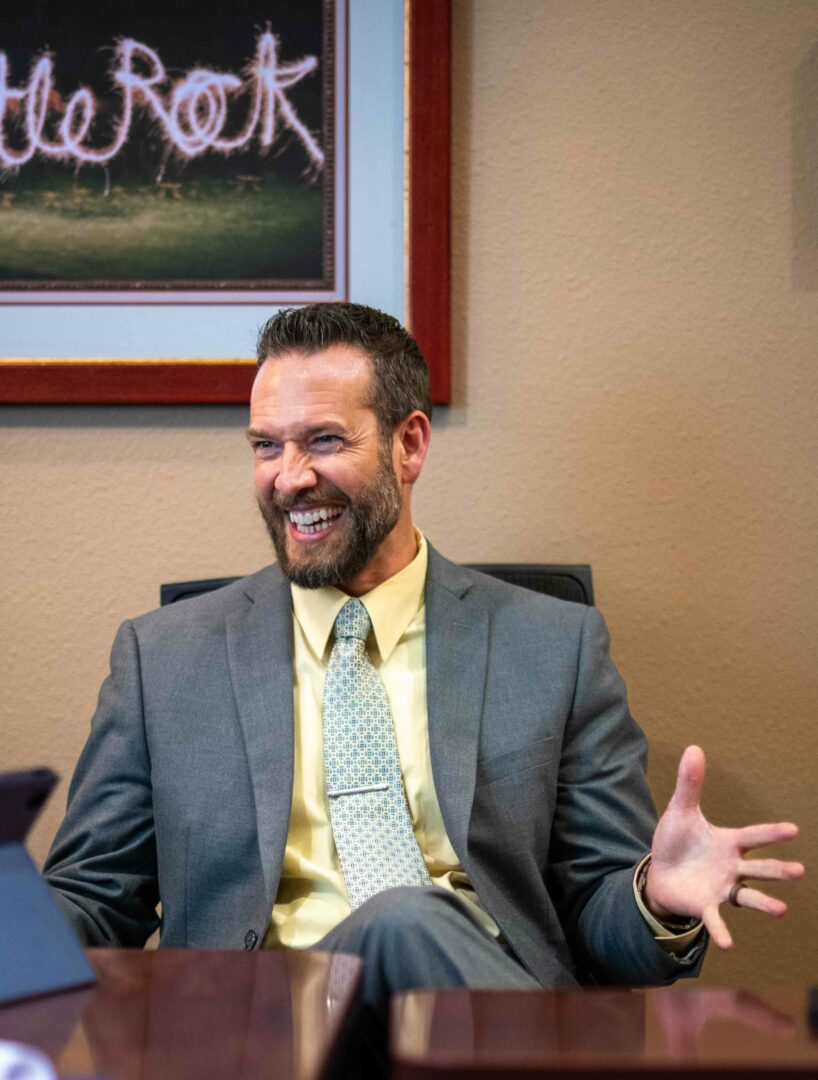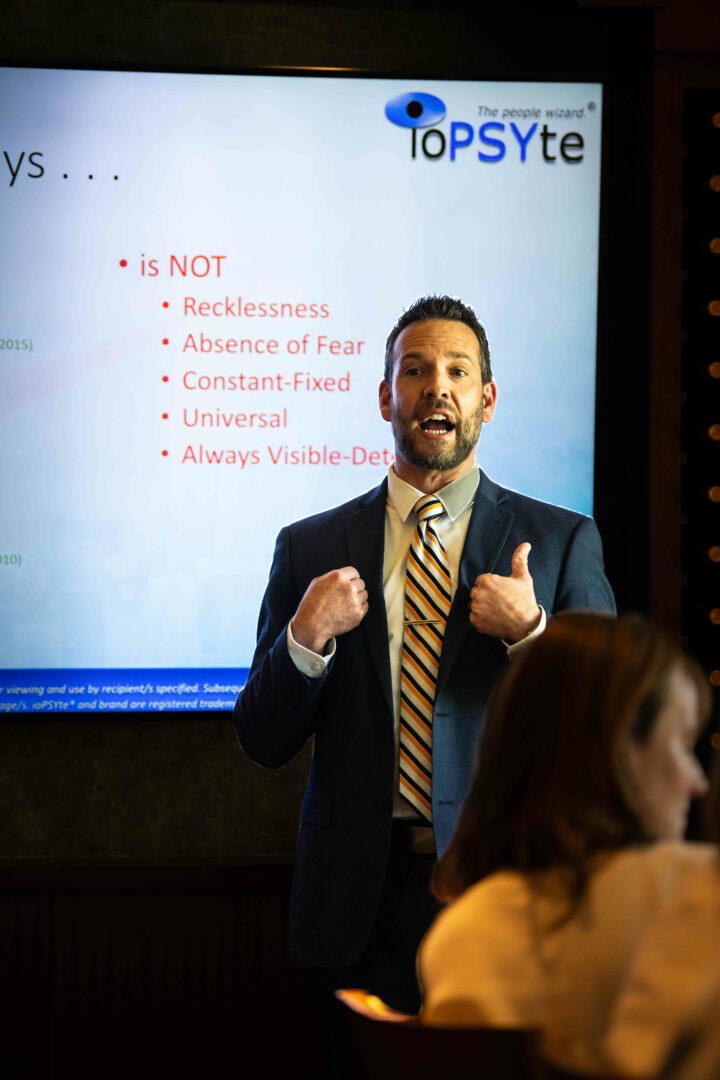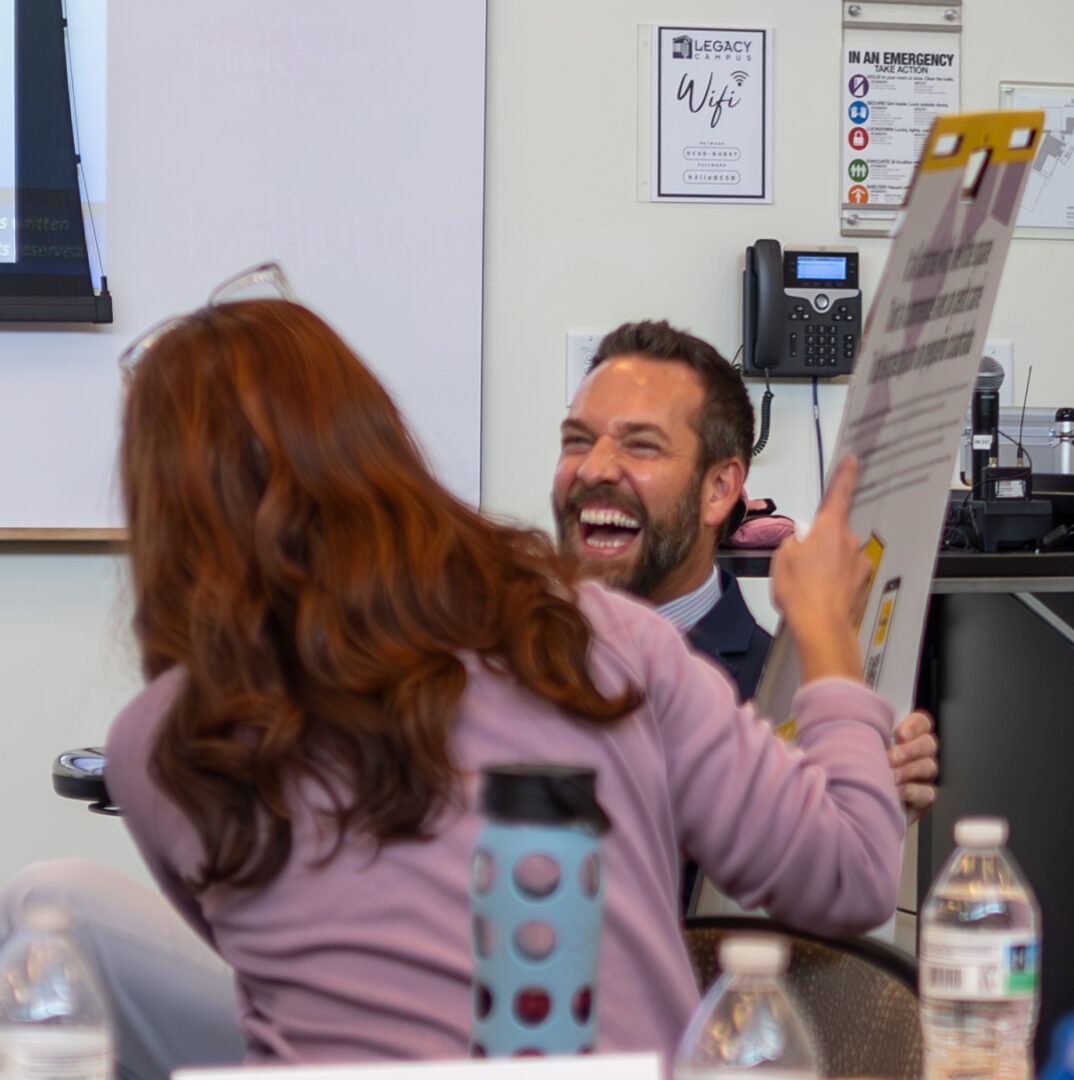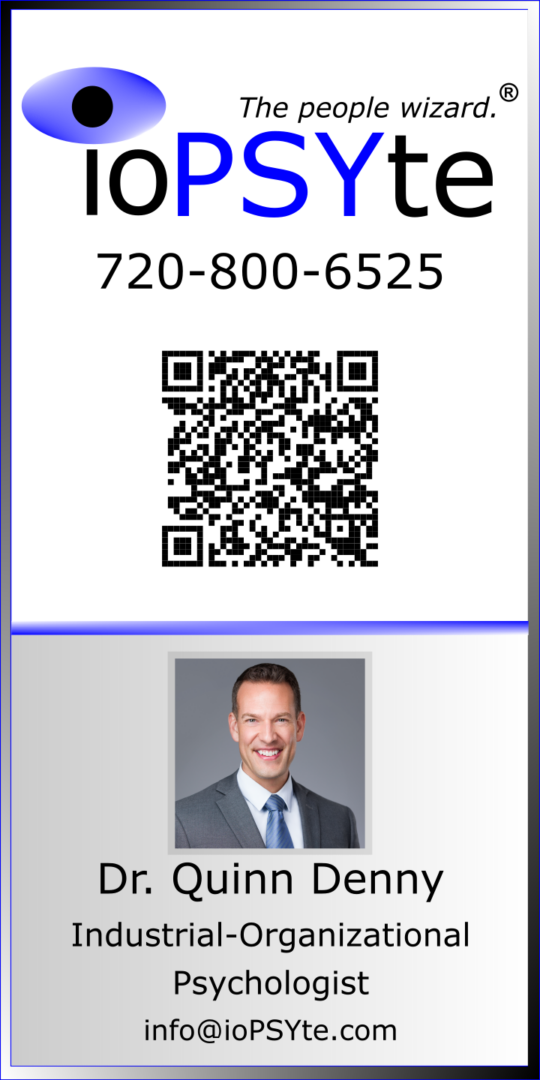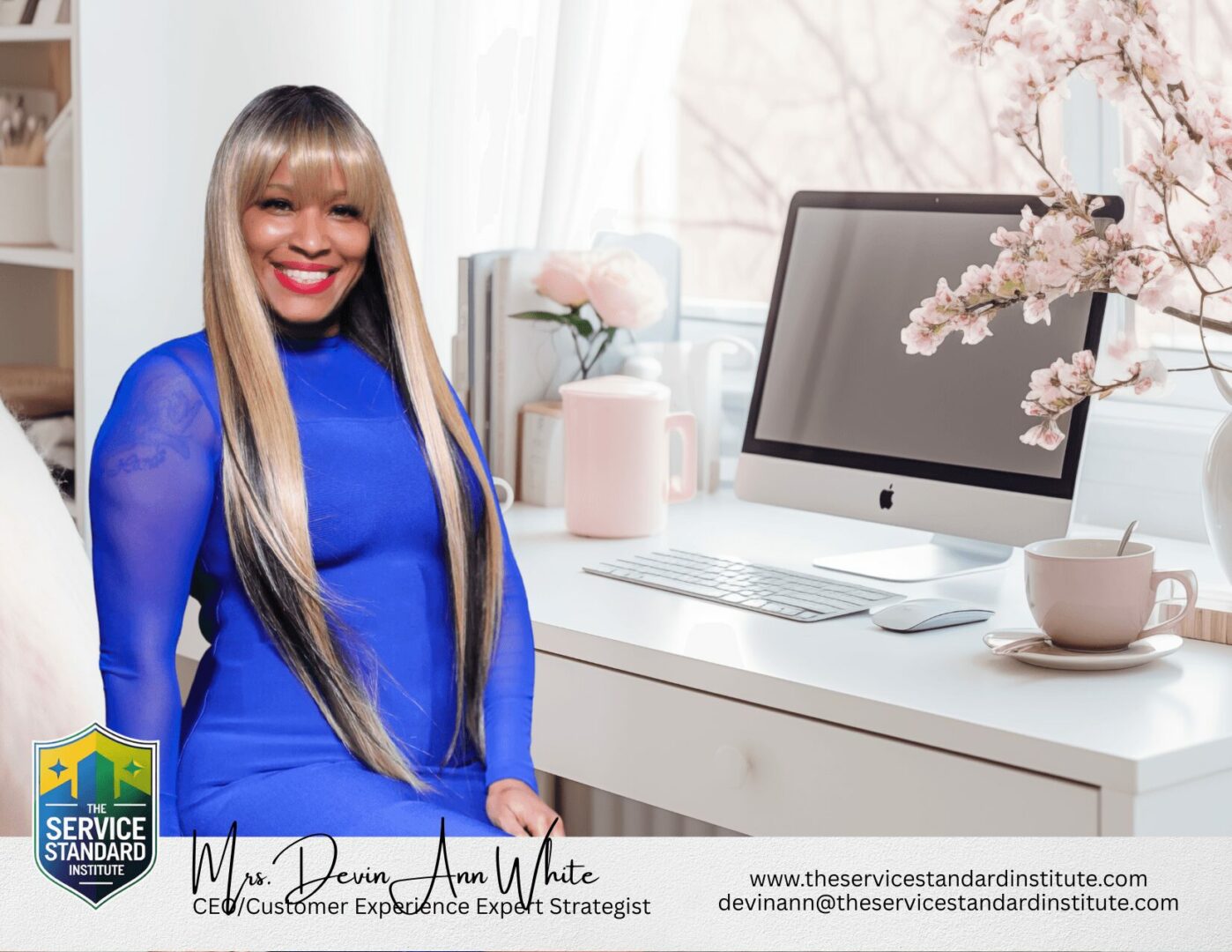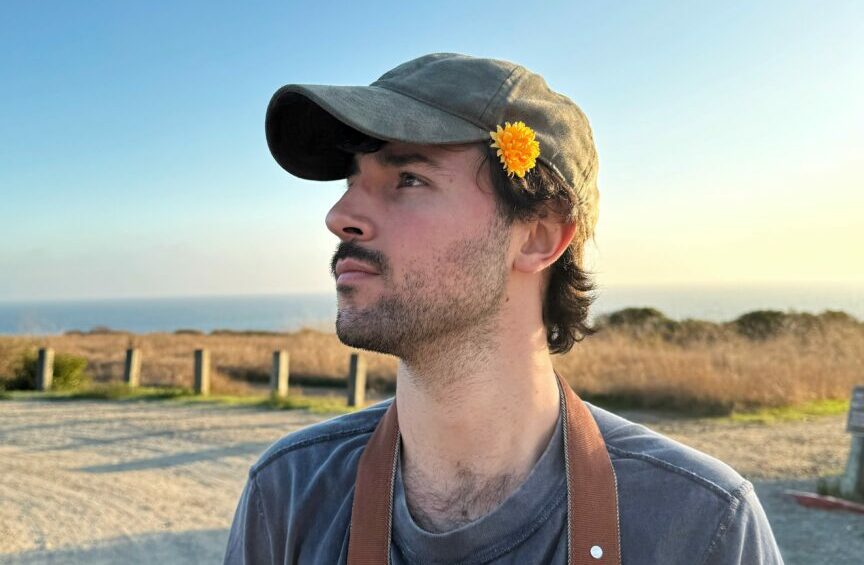We caught up with the brilliant and insightful Dr. Quinn Denny a few weeks ago and have shared our conversation below.
Hi Dr. Quinn, appreciate you sitting with us today to share your wisdom with our readers. So, let’s start with resilience – where do you get your resilience from?
I think I gained a good deal of resilience as early as childhood. We moved frequently, ten times total growing up. It meant adjusting to new environments which taught me to adapt. I also gained resilience by watching others and learning from them. Resilience for me has been an ongoing process of involuntary and voluntary development. For my dissertation I studied a positive mental state/phenomenon known as Positive Psychological Capital (PSYCAP), remembered with the acronym HERO. HERO stands for Hope, Efficacy, Resilience, and Optimism. Resilience in the context of PSYCAP research literature is known as the ability to bounce back from hardship, setbacks, challenges, difficulties, etcetera. It is the idea that we experience something that has a powerful impact on us or at least affects us in a noticeable way. It could be a loss of some kind, maybe it is monetary, relational, or physical. Sometimes it is an event, something unexpected that levels us. Resilience is more than just bouncing back and keeping on though, it is coming back, showing up in a way that we now have some mastery over that kind of setback, some competency and confidence over it. So that sort of setback does not rattle us or impact us like it did initially (it doesn’t mean it is not hard). The concept is recovery to a state that is more than what we were before, as if rising above the setback, like a high jumper clearing the bar after practice and effort.
For me, there is no doubt that changing careers midlife and a series of unrelated but difficult events that followed gave me resilience. It was events packed close together. Have you ever been in a part of your life where it feels dark, overwhelming, strange, like the old TV series Twilight Zone? That was me, might still be my life, but I believe it is getting better. Between financial challenges, deaths, cancers in our family, everyday hassles like repairs, an injury that put me in a wheelchair temporarily, and other setbacks that have progressed for more than four years I have certainly experienced what it is like to border on despair. One author called this experience the Dark Night. These experiences were involuntary (not chosen), I just had to respond, to move forward, or give up, which is never the solution if it means sacrificing your heart (motivation). Resilience for me has also been a process of observation, learning from others.
I am inspired by films, especially those that are based on true stories. Where the main character breaks through a ceiling of limitation and circumstance after years of struggle. Also, watching those I know, and love overcome difficulty has infused me with resilience. A younger sister who is a survivor of stage four breast cancer, my other younger sister who endured kidney surgery. My nephew who recovered from a traumatic brain injury in war. My good friend who is adapting to life as a single parent without his wife after her lengthy battle with a terminal illness. I can recount many more real-life examples I have been privy to hardships that clients rebound from who also greatly inspire me. The most enduring example for me though is my mom, a divorcee with three children who made great sacrifices, stuck with us, loved us, persevered despite set back after set back. Just the other night, with everything we have going, I was washing dishes. Do you know that point when you barely have anything left in the tank? It comes after fighting to win for long periods of time and thinking this is it, we are through this rocky trail for a bit. It is easy in those times to start to feel sorry for ourselves, to grow bitter. It is our past experiences and those of others that help with resilience. Memories of my mom, when we were little, coming home from work, making dinner and cooking dishes after a full workday come back. Especially when I am doing dishes exhausted! I think, wow, I have a partner, she did not have what I have, if she could do that, I can press forward too. I came from her and part of her is in me. I get back up; I watched her do it again and again. The last thing that has helped me with resilience is faith and perspective.
My faith brings meaning and perspective to my life. A huge part of resilience, as well as courage, is the ability to find meaning in suffering, this is the mental practice of zooming out. Realizing that now is not forever. That there are many things to be thankful for, “attitude of gratitude”. When hardship is seen in light of a bigger picture, the refining of character, the growing of courage, doing what matters and what is right even when it is hard and worse, even when it causes us loss becomes more important than comfortable ease. Perspective makes resilience something that can be desired and something I would never trade back. In short, inspiring films, events I have had to face, and watching others build their resilience have empowered me too! Like everyone else I am still learning, and I believe growing stronger.
Thanks for sharing that. So, before we get any further into our conversation, can you tell our readers a bit about yourself and what you’re working on?
I changed careers midlife after working in IT for 20+ years. I owned my own managed service business for eight years. I sold that company in 2016 and left that career in 2018 and launched ioPSYte®, a work psychology firm. My profession is specifically labeled industrial organizational psychology. I like to tell people I’m a work psychologist, it’s much simpler. Still, are you wondering what in the world does a work psychologist do? Work psychologists help with people and process. So, we can help with both the soft skills dimension and the tasked-based dimension of work. It is very difficult to describe everything we can do because it is such a diverse and in-depth skill set. I made a list to help which I think is more definitive. Here it is. It’s a lot but if there was one thing I would want you to know about myself and company, what we’re most passionate about. It is serving and helping people in their work to create the best work happiness and work performance. We really care about those who are frustrated and broken-hearted in their work.
• Job Design, Job Task Analysis, Job Crafting
• Change Management, Change Models, Change Communication Plans, Change Implementation
• Training design, development, and validation
• Training Trainers
• SOP design, refinement, and evaluation
• Team and Individual Coaching
• Survey/Test construction, validation, and analyses
• Procedure and Task creation, refinement, and evaluation
• Quantitative and Qualitative statistical analyses on varied data
• Performance Management System design, refinement, evaluation, and implementation
• Time Studies
• Conflict Arbitration
• Talent, Culture, and Performance assessments
• Talent Acquisition
• Personality Inventories and practical uses
• Message formulation, refinement, and analysis
• Research and Research Dissemination
• Competency Models
• Mergers & Acquisitions
• Making most things measurable!
There is so much advice out there about all the different skills and qualities folks need to develop in order to succeed in today’s highly competitive environment and often it can feel overwhelming. So, if we had to break it down to just the three that matter most, which three skills or qualities would you focus on?
When I think about what is most impactful in my journey it was and continues to be the ability to understand my own motivation. Specifically, understanding oneself enough to know what excites or energizes you. Or the reverse, what steals away your energy and joy? What puts you in a state of positive stress (eustress)? What puts you in a state of negative stress (distress)?
Motivation is key to perseverance and also resilience. Where we are motivated and passionate, we tend to put forth more effort more consistently. In other words, we behave in ways that move us toward our motivation with consistent behavior over time producing results. This is why you’re more likely to achieve something that you are passionate about and enjoy doing.
Sure, others may doubt the feasibility of some goal or task in the area you are passionate about. The key here though is to recognize that whomever that person doubting you is, that person does not have your motivation in that area. Just like you are probably not motivated in areas they are.
The skill of being able to regain perspective has been essential for me. Remind yourself why you started and the value you place on succeeding will fuel you through the difficulties. We have to be able to inspire our motivation often regardless of or in spite of what is happening around us and to us.
Who is your ideal client or what sort of characteristics would make someone an ideal client for you?
Our ideals clients are people who are struggling in areas of work and feel like they are ready to have a value-added Team Member to help them. Our ideal client recognizes that it is time to go it together and they also know that the latest fad and surface level advice are not going to get them there. They are ready to leverage our care, expert level knowledge, and moxie!
Contact Info:
- Website: https://www.iopsyte.com
- Instagram: https://www.instagram.com/iopsyte/
- Facebook: https://www.facebook.com/iopsyte
- Linkedin: https://www.instagram.com/iopsyte/
- Youtube: https://www.youtube.com/@iopsyte
